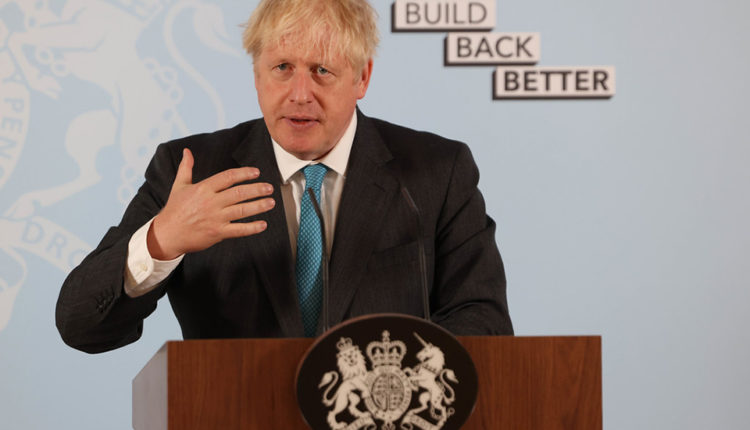The Prime Minister has set out long term plans to transform the training and skills system, claiming he is making it fit for the 21st century economy and to ensure that, as work changes, people can retrain, upskill, and find new well-paid jobs, helping the country build back better from coronavirus.
Apprenticeship opportunities will be increased, with more funding for SMEs taking on apprentices, and greater flexibility in how their training is structured – especially in sectors such as construction and creative industries where there are more varied employment patterns.
“We are short of skilled construction workers, and skilled mechanics, and skilled engineers, and we are short of hundreds of thousands of IT experts,” Prime Minister Boris Johnson said to an audience of students this week at Exeter College.
“And it is not as though the market does not require these skills. The market will pay richly. The problem is one of supply – and somehow our post-18 educational system is not working in such a way as to endow people with those skills.”
He continued: “And look I don’t for a second want to blame our universities. I love our universities, and it is one of this country’s great achievements massively to have expanded higher education. But we also need to recognise that a significant and growing minority of young people leave university and work in a non-graduate job, and end up wondering whether they did the right thing.”
Highlights of The Lifetime Skills Guarantee:
- From April, in England adults without an A-Level or equivalent qualification will be offered a free, fully-funded college course – providing them with skills valued by employers, and the opportunity to study at a time and location that suits them, paid for through the National Skills Fund.
- Higher education loans will also be made more flexible, allowing adults and young people to space out their study across their lifetimes, take more high-quality vocational courses in further education colleges and universities, and to support people to retrain for jobs of the future, backed by continued investment in college buildings and facilities – including over £1.5 billion in capital funding.
- The government is committed to making higher education more flexible to facilitate lifelong learning, and to make it easy for adults and young people to break up their study into segments, transfer credits between colleges and universities, and enable more part-time study. This new arrangement will provide finance for shorter term studies, rather than having to study in one three or four-year block.
- The government is also committing £8 million for digital skills boot camps, expanding successful pilots in Greater Manchester and the West Midlands and introducing programmes in four new locations. From next year, boot camps will be extended to sectors like construction and engineering, helping the country build back better and support our refreshed Industrial Strategy.
- £2.5 billion is also being made available through the National Skills Fund to help get people working again after COVID, as well as giving those in work the chance to train for higher-skilled, better-paid jobs.



